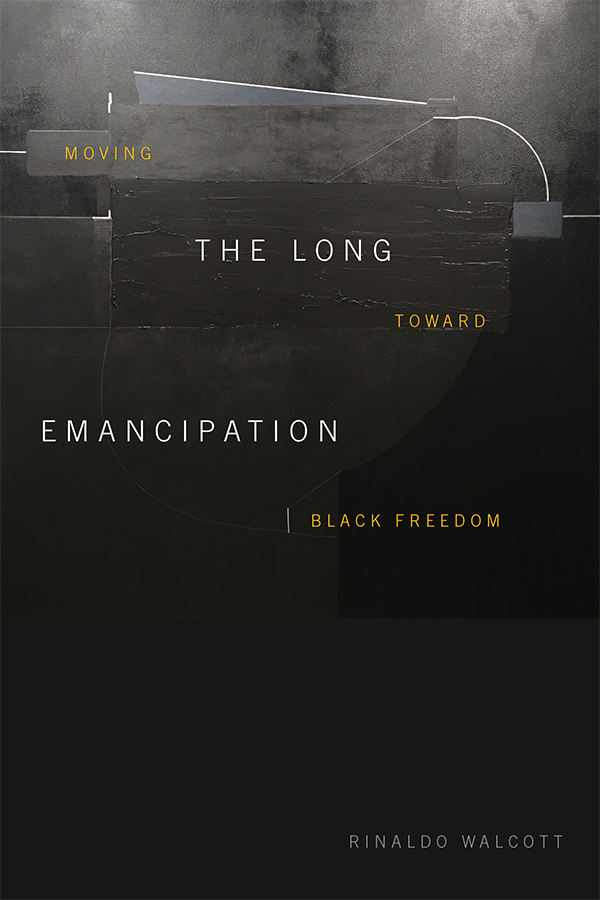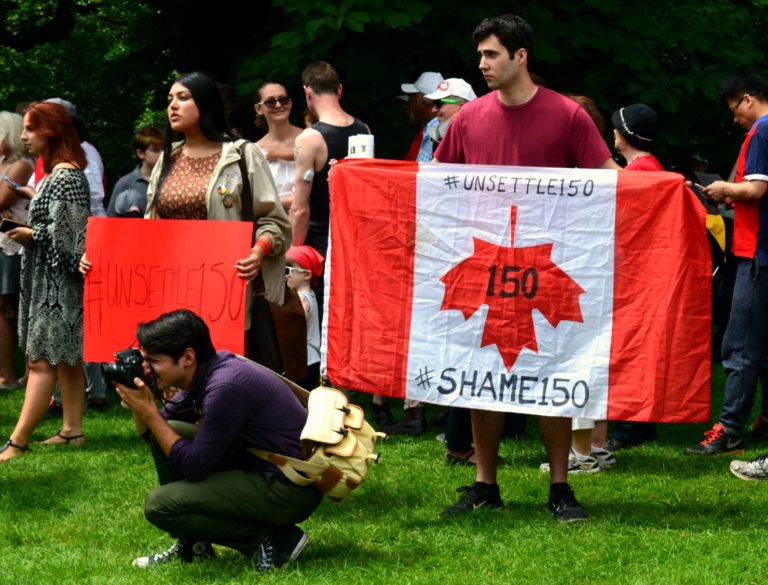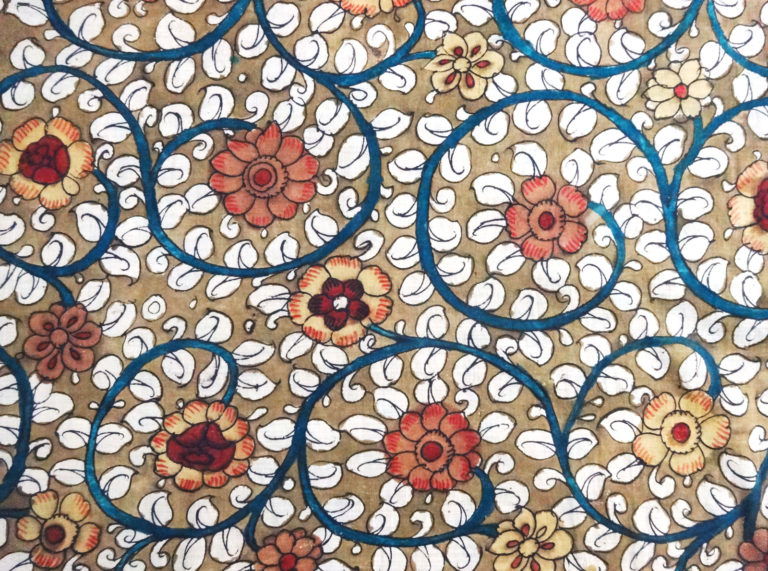In The Long Emancipation: Moving Toward Freedom, Rinaldo Walcott argues, through the use of short essays, that the Black experience can be understood through the lens of the constant struggle for emancipation. For Walcott, true freedom for Black people was never attained with emancipation and in fact, emancipation is still an ongoing process. Each chapter interrogates an aspect of Black life and death that according to Walcott create the space for Black freedom to exist.
Keyword: citizenship
Webs of Relationships: Pedagogies of Citizenship and Modalities of Settlement for “Muslims” in Canada
Immigrants to Canada must pass a set of pedagogical gate-keeping exercises that compel settler socio-spatial relations to allow them to come into the fort of the nation-state as neoliberal multicultural subjects. Bringing together Sunera Thobani’s concept of exalting the white subject and Sherene Razack’s theorizations on Muslim eviction from Western politics, I argue that those racialized as Muslim are positioned as perpetual immigrants, compelled to exalt whiteness or be evicted. Caught between an unresolved tension of settler spatial relations to nation and Indigenous spatial relations to Land, I examine what decolonial subject positions are available for “Muslims” using the Canadian citizenship study guide and oath as focal points. I foreground an Indigenous analytic and my Arab lived experience to do a contrapuntal reading of the social construction of Canada in the study guide and trace how the relationships to nation espoused in the manual are incommensurable with the relationships to Land fundamental to Indigenous worldviews. Throughout the paper, I draw on the experience of Masuma Khan, who was censured by her university and the public when she advocated that Canada 150 be remembered as Indigenous genocide rather than a celebration of nationhood, to unpack how racialization colonizes and colonization racializes.
Introduction
This special issue explores how best to use performance to leverage justice for victims of trafficking, child soldiers, illegal immigrants, the poor, and others who lack recognition and protection within the legal and social apparati of national governments and some non-governmental organizations (NGOs). This focus has emerged from a two-year research project on “Gendered Citizenship: Manifestations and Performance” between scholars in theatre and performance in collaboration with politics colleagues at University of Warwick, UK and Jawaharlal Nehru University, Delhi.
The Maid Vanishes
This essay begins with two brief accounts—one of arrival and the other of vanishing. It was the late summer of 2005 when we—my partner, young daughter, and I—moved to the UK, where I was to take up a lectureship at the School of Theatre, Performance and Cultural Policy Studies at the University of Warwick. I…
Polyrhythms of Citizenship
This talk was presented as a keynote address at the Gendered Citizenship: Manifestations and Performance Conference, January 6, 2015, at the University of Warwick. In this forty-two minute audio-essay, Roy theorizes what she calls polyrhythmic citizenship, the way the intelligibility of the concept of citizenship plays out, much like music, across different contexts and cultures. She discusses “transformative constitutionalism” and “insurgent citizenship” as the component parts of this citizenship, and takes for her key examples the founding of the Indian state and its constitution, and the Delhi gang rape case of 2012 which resulted in the death of Jyoti Singh.




